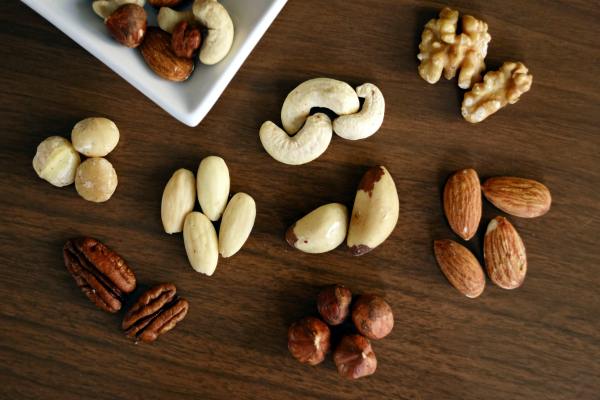
In my last post, I talked about what inflammatory foods to avoid, and in part 2, I will now talk about the opposite – foods you should eat to reduce inflammation in your body.
What is inflammation?
Inflammation is caused by the body recognising something foreign in the system. This in turn triggers your immune system and leads to inflammation.
According to Dr. Frank Hu, who is a professor of nutrition and epidemiology at the Department of Nutrition at the Harvard School of Public Health, one of the most important tools to prevent inflammation comes from being mindful about what we consume. In other words, the solution may lie in what we eat as opposed to medical intervention.
“Many experimental studies have shown that components of foods or beverages may have anti-inflammatory effects,”
Combating inflammation in your body is therefore twofold. You should be avoiding inflammatory foods while actively consuming anti inflammatory food.
What are anti inflammatory foods?
To err on the side of stating the obvious, anti-inflammatory foods are foods that reduce inflammation risk in the body.
According to Harvard Health, a diet that closely follows the principles of anti-inflammatory eating is the Mediterranean diet, which is high in fruits, vegetables, nuts, whole grains, fish, and healthy oils.
Where possible, avoid any processed foods as a more natural and less processed diet can have noticeable possible effects on your physical and emotional health which can improve mood and overall quality of life.
Examples of anti inflammatory foods

An anti-inflammatory diet should include the following foods:
- tomatoes
- olive oil
- green leafy vegetables, such as spinach, kale, and collards
- nuts like almonds and walnuts
- fatty fish like salmon, mackerel, tuna, and sardines
- fruits such as strawberries, blueberries, cherries, and oranges
Tomatoes
Tomatoes contain antioxidants with impressive anti-inflammatory properties. Lycopene may be particularly beneficial for reducing pro-inflammatory compounds related to several types of cancer.
One study determined that drinking tomato juice dramatically decreased inflammatory markers in overweight (but not obese) women.
Olive Oil
Studies have indicated that extra virgin olive oil reduces the risk of heart disease, brain cancer, and other serious health conditions.
In one study on the Mediterranean diet, it was noted that various inflammatory markers significantly decreased in those who consumed 50 ml of olive oil daily.
The effect of oleocanthal, an antioxidant found in olive oil, has been compared to anti-inflammatory drugs like ibuprofen.
Green Leafy Vegetables
According to the Arthritis Foundation, energy production and other metabolic processes in the body produce harmful byproducts called free radicals. Not only do free radicals damage cells, but they also have been linked to rheumatoid arthritis (RA) and inflammation. Green, leafy vegetables such as broccoli, spinach, Brussels sprouts, kale, Swiss chard and bok choy are packed with antioxidants like vitamins A, C and K, which protect cells from free-radical damage. These foods are also high in bone-preserving calcium.

Nuts
Nuts such as walnuts, almonds, and many other nuts may reduce inflammation and the risk of heart disease. Most nuts are high in omega-3 fatty acids.
While consuming nuts. it is important to note that plain nuts (typically labelled as “raw”) are preferable to nuts that have added oil, salt, sugar or the like.
Fatty Fish
Although all types of fish contain some omega-3 fatty acids, the following fatty fish are among the most recommended types:
- salmon
- sardines
- herring
- mackerel
- anchovies
Aside from being a rich source of protein, fatty fish also contain the long-chain omega-3 fatty acids EPA and DHA.
EPA and DHA reduce inflammation that can lead to metabolic syndrome, heart disease, diabetes, and kidney disease.
Studies have shown that the consumption of EPA and DHA supplements have led to reductions in the inflammatory marker C-reactive protein (CRP).
Fruits such as Berries
Berries are said to contain antioxidants called anthocyanins. These are compounds that have anti-inflammatory effects that may reduce your risk of disease. Our bodies body produce natural killer cells (NK cells), which help keep our immune systems functioning in a healthy manner.
In one study in men, those who consumed blueberries every day produced significantly more NK cells than those who did not.
In another study, overweight adults who consumed strawberries regularly had lower levels of certain inflammatory markers associated with heart disease.












